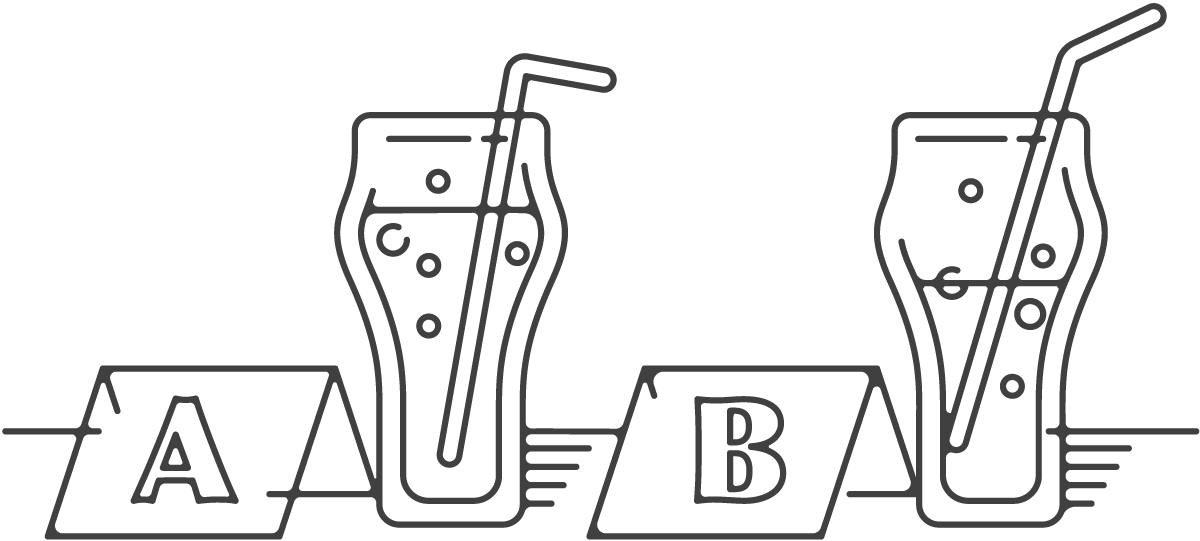We are all very familiar with the classic Coke vs Pepsi battle that we, the consumers, have witnessed over the decades. From marketing jabs to product taste tests, the competition between the two giants has been relentless. Even to this day you still have some people who are die-hards for one instead of the other.
What’s interesting about this battle is that they have done many studies on it. Especially when it comes to taste comparison through blind-taste tests. In efforts to determine which soda product is the favorite solely based on taste, the blind-taste tests would have people drinking Coke versus Pepsi to see which they preferred. As you’ve probably heard, the most common winner based on taste is Pepsi. If this is true and proven, then how does Pepsi not have the lion’s share of the market? Why is Coke dominating? One word… brand.
If people like a product more or it is of higher quality, then shouldn’t that product win the market? Yes, in a rational world that makes sense. However, humans are not rational. Humans are emotional and subjective. This is why brand can be so effective in the marketplace.
The Coca-Cola brand has an estimated value of $87.6B. Seems quite a bit for some carbonated sugar water… exactly. Just as brand has enabled other successful (small and large) businesses to grow beyond just their product or service, we see this with Coke. When you buy a Coke, you’re not just buying a soda. If that were the case, then you would objectively buy the crowd-pleaser (Pepsi). That is rational and makes sense.

After the blind-taste test, a follow up study was conducted that is quite interesting. Once the taste test results were collected and the consumers chose the Pepsi brand blindly, the researchers were tracking their brain activities. They were tracking this because unbeknownst to the testers the researchers would reveal the brands of the sodas. At the very moment of the brand reveal, almost 100% of the taste testers’ neuroactivity switched to be in favor of Coca-Cola.
Brand alone made the consumers change their preference even though they had decided they liked the Pepsi product the best. Again, this an emotional and subjective response. However, just because it’s not rational doesn’t mean it’s not of value. This type of power to be harnessed by a brand creates massive amounts of leverage.
It’s an interesting study because it’s one type of product that you “blindly” test with different variables. It’s fascinating that the percentage of preference-switching was simply due to the brand’s reveal. This shows a lot of our loyalty to brands may not be rational, but rather emotional connections. As humans, we have an internal war to be consistent. It helps us cope. It helps us feel safe. It helps us survive. So when we blindly try something and like the product that doesn’t align with the company, we feel conflicted and are driven to correct the issue. This internal inconsistency is corrected by our emotions to recalibrate and get us back on track.
The true power of brand comes from the emotional bonds a company can make through the many elements that create a brand. Frankly, your audience will find identity in your brand. It helps them know they are a “Coke person” so they have an established consistency. This helps them know what to buy when the times come to pop a soda. It’s a “shortcut” that helps them save the thinking time and energy of the decision. It also reinforces the identity they believe they have and how they want to be seen by others – all due to their association to a specific brand.

